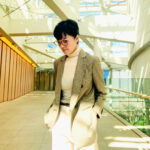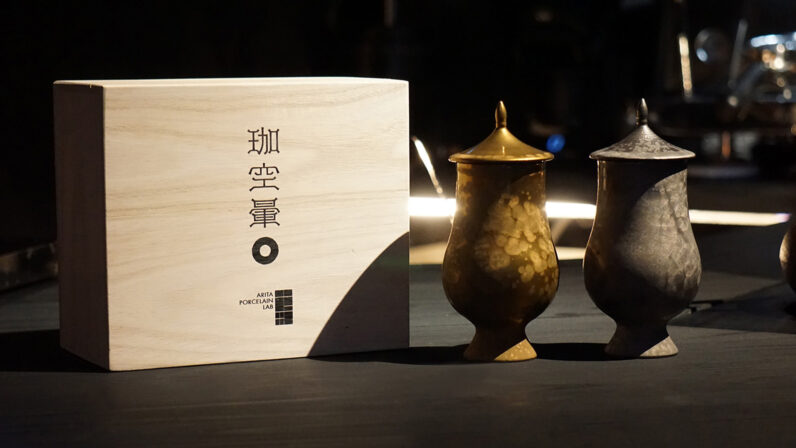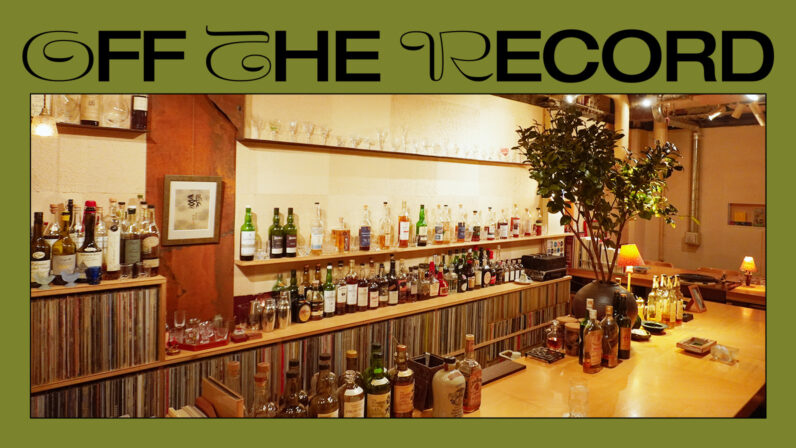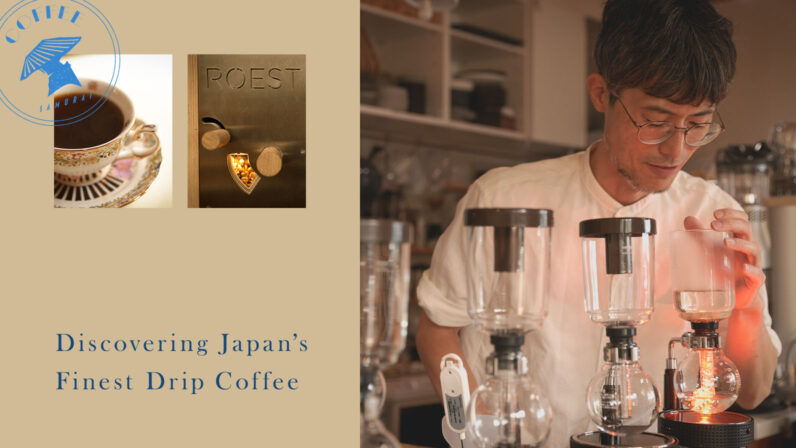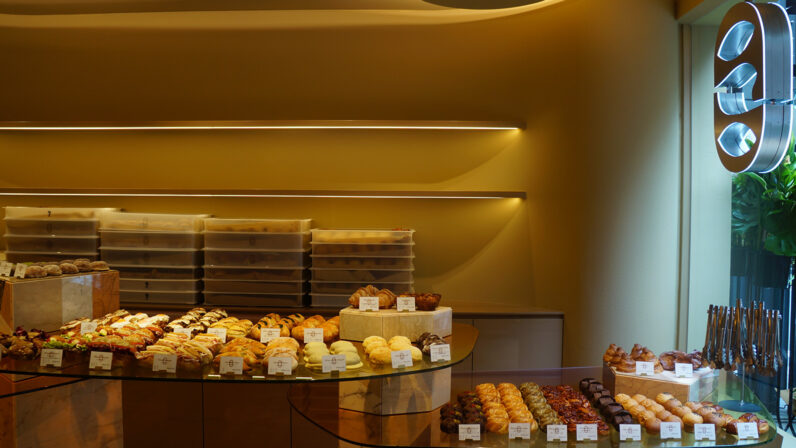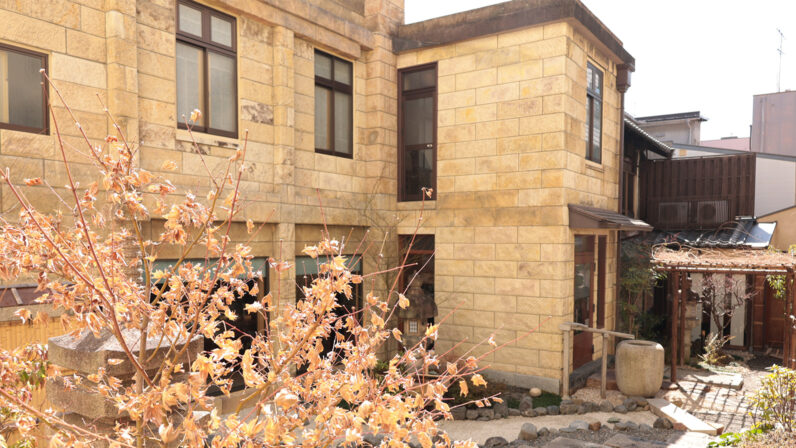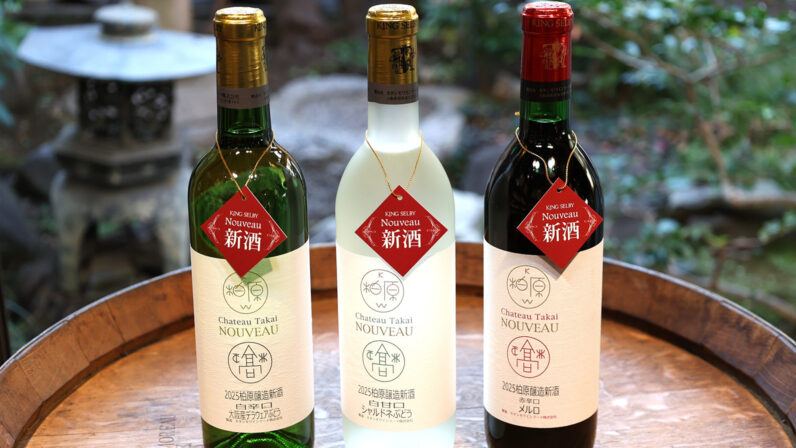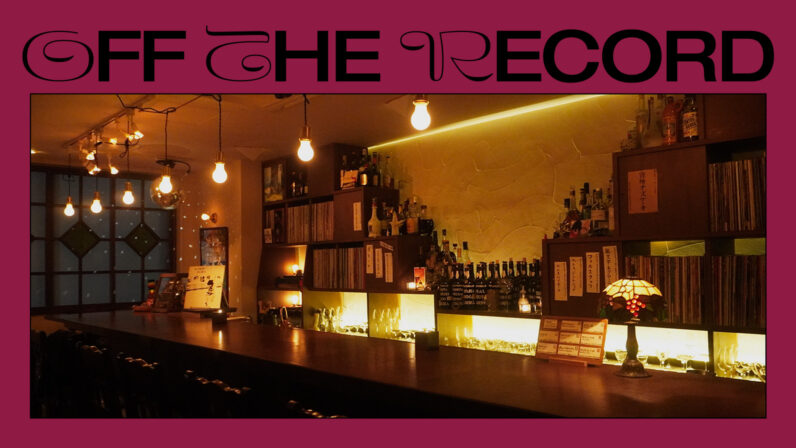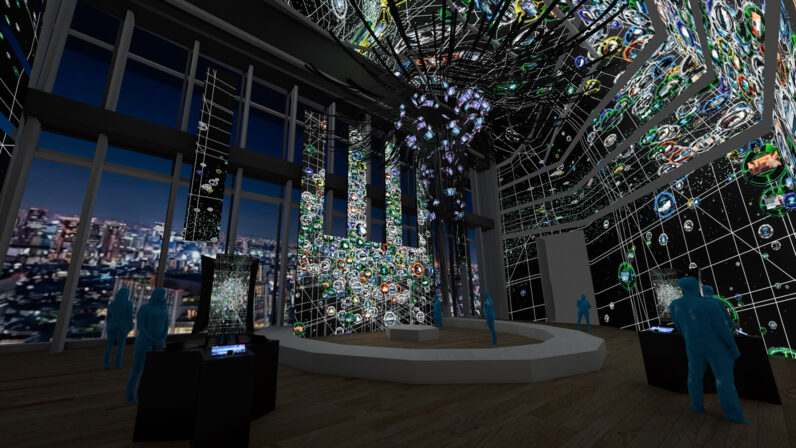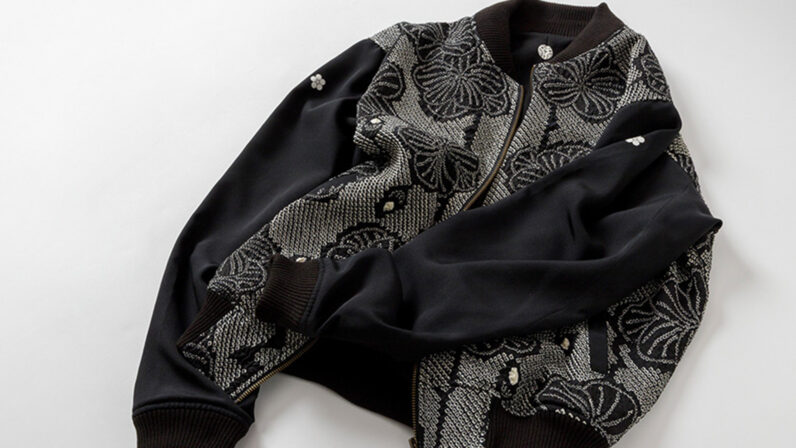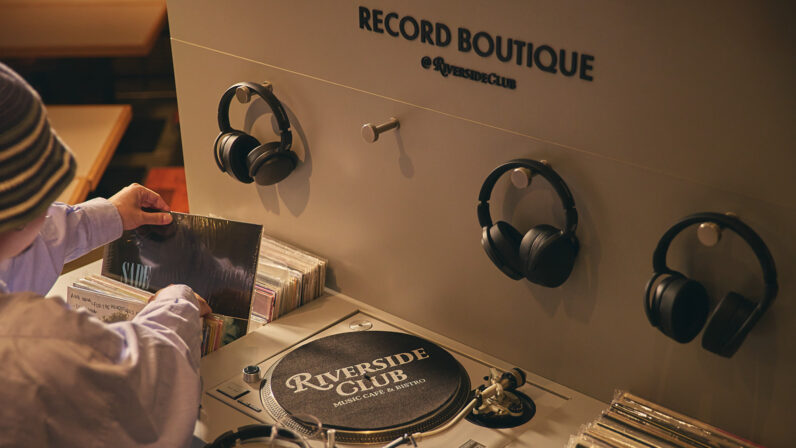In Japan, there are coffee shops that are dedicated to exploring the art of home roasting raw coffee beans, and using the hand-drip method to extract maximum flavor. In this series, we’ll be taking you on a journey to discover these exceptional places, where the passionate philosophy of the shop owners adds an extra layer of flavor. For this ninth chapter, our journey takes us to Kyoto for the first time, drawn by word of a true master roaster whose skills have earned quite a reputation.
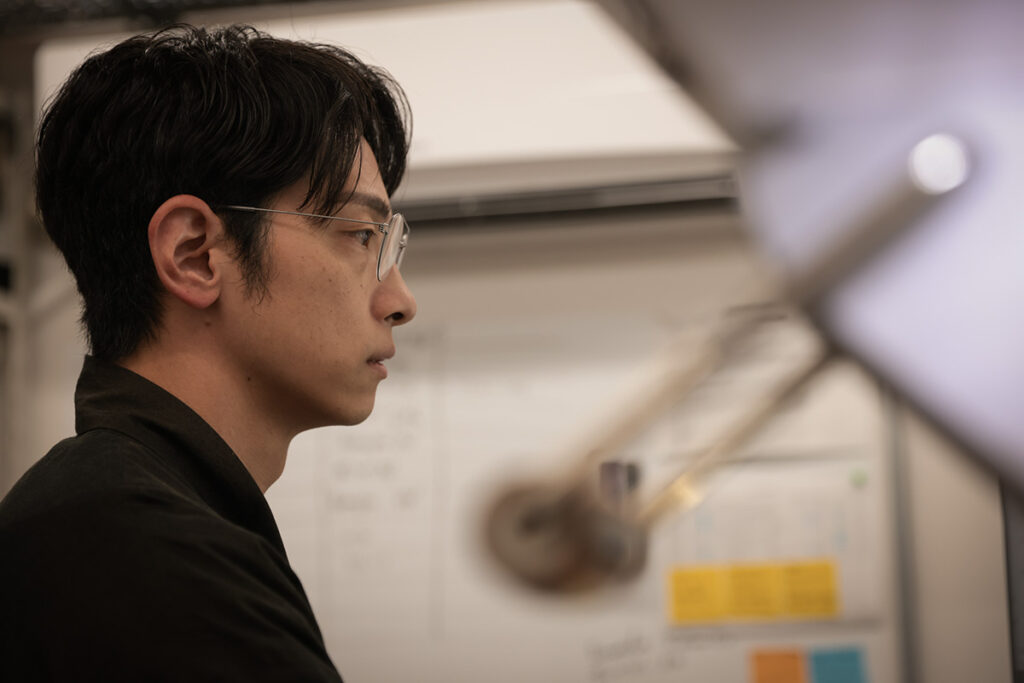
PROFILE
Yasunari Sawanoi was born in 1989 in Osaka Prefecture. After starting his career in the apparel industry, he made a bold shift to pursue his passion for coffee, becoming the owner of a specialty shop dedicated to in-house roasting. In 2019, he opened ABOUT US COFFEE in Kyoto’s Fushimi Inari district. He earned the internationally recognized CQI Q Arabica Grader certification for green coffee bean evaluation and quickly made a name for himself, winning the COFFEE COLLECTION WORLD DISCOVER competition in 2022. In June 2025, he expanded with a second location near Kyoto’s historic Nijō Castle.
A Cutting-Edge Coffee Roasting Lab
Sometimes, the things we once struggled with can unexpectedly become a passion, quietly reshaping the course of our lives. Yasunari Sawanoi of ABOUT US COFFEE is a perfect example. At the start of our interview, he admitted, “Truth is, I actually didn’t like coffee for a long time.” He explained that he had always associated coffee with the strong bitterness of dark roasts and tended to keep his distance.
That changed about eight years ago, when he tried a fruity, light-roast coffee from Ethiopia. The experience completely overturned his preconceptions and revealed the many dimensions of coffee. While continuing to work, he began studying at the café department of L’École Vantan on his days off. Immersed in the art of roasting and hand-drip brewing, he felt his world opening in entirely new ways. This journey of discovery eventually led to the realization of his vision: a café serving his own freshly roasted coffee, which came to life in 2019.
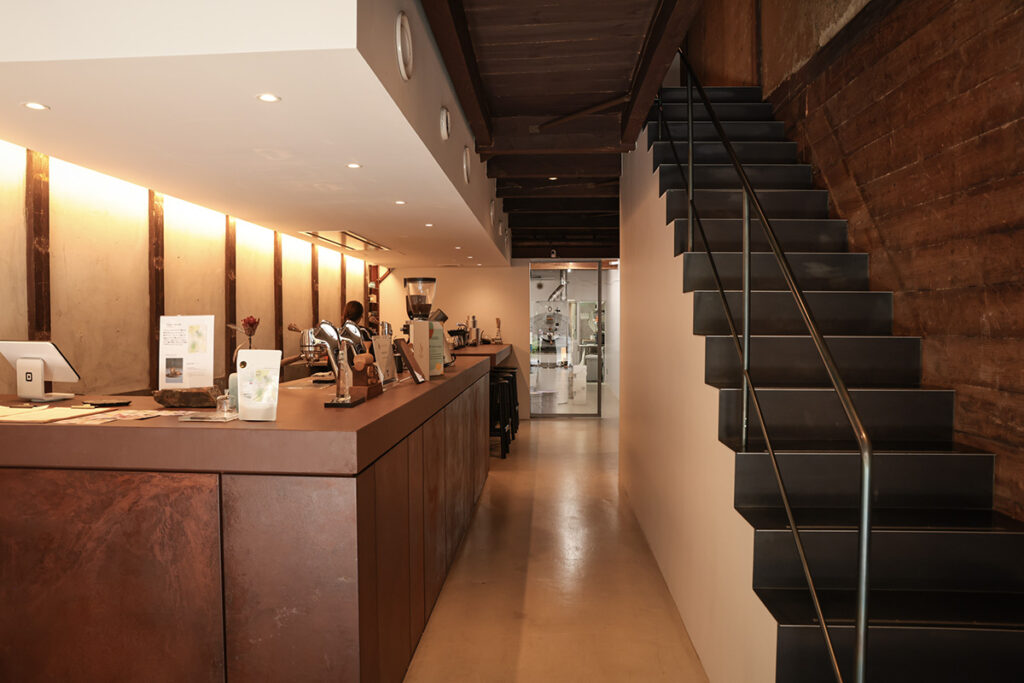
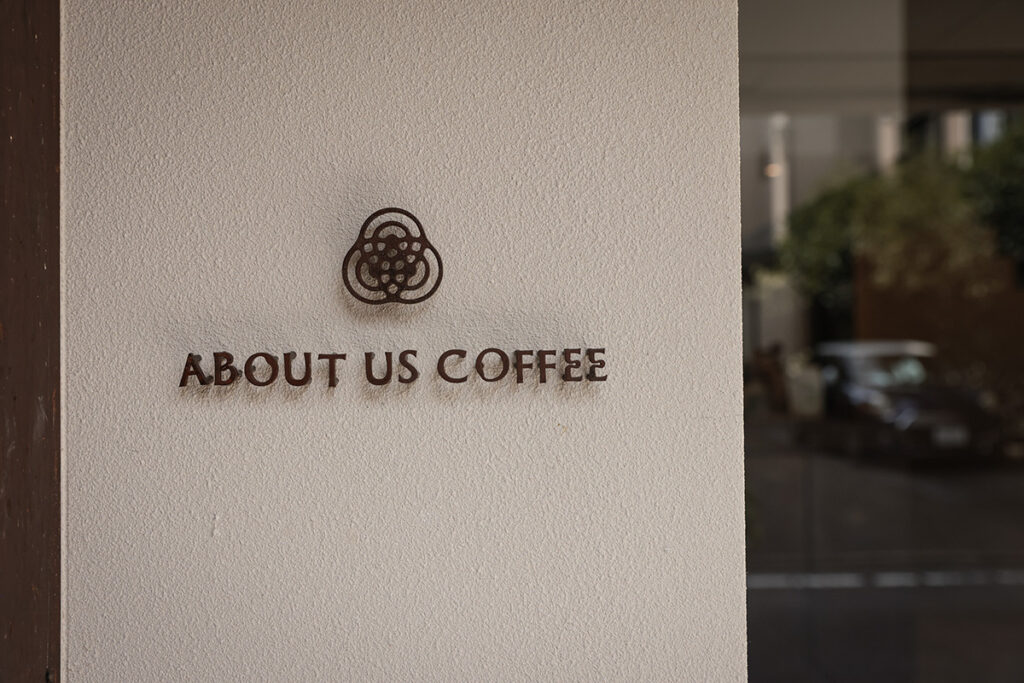
The second location, opened in 2025 near Nijō Castle in Kyoto.
The café he opened is a specialty coffee shop born from his own discovery and passion for high-quality beans. The name ABOUT US COFFEE embodies his philosophy: honoring everyone involved in a cup of coffee, from the producers to the baristas, while celebrating the idea that each of us is the protagonist of our own life.
Shortly after entering the coffee world, Yasunari took first place at the COFFEE COLLECTION WORLD DISCOVER 2022, a competition that crowns the world’s best single-origin coffee. He continued to rack up accolades the following year, winning the Fuji Coffee Machine Roasting Competition 2023–24 and competing in a roasting contest in South Korea.
When asked about his meticulous approach to roasting, he paused thoughtfully before sharing a small secret: “It’s not just about bringing out the beans’ unique character, it’s about expanding their potential. Kyoto’s water is soft, which makes it harder for coffee flavors to come through, so even with light roasts, to bring out that potential, I extend the roasting time just a bit.”
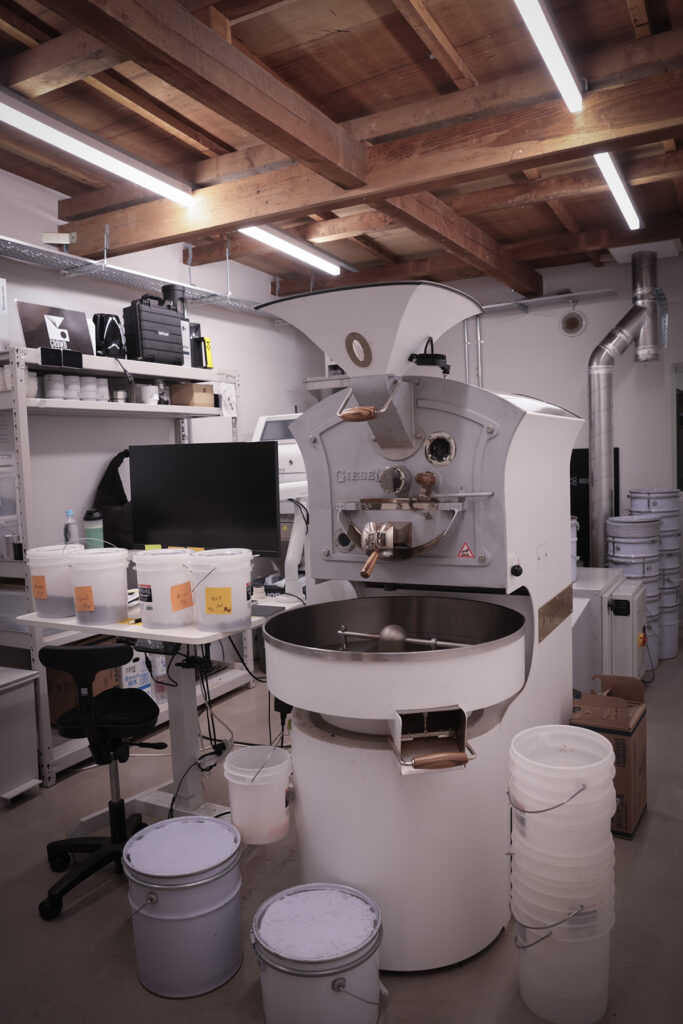
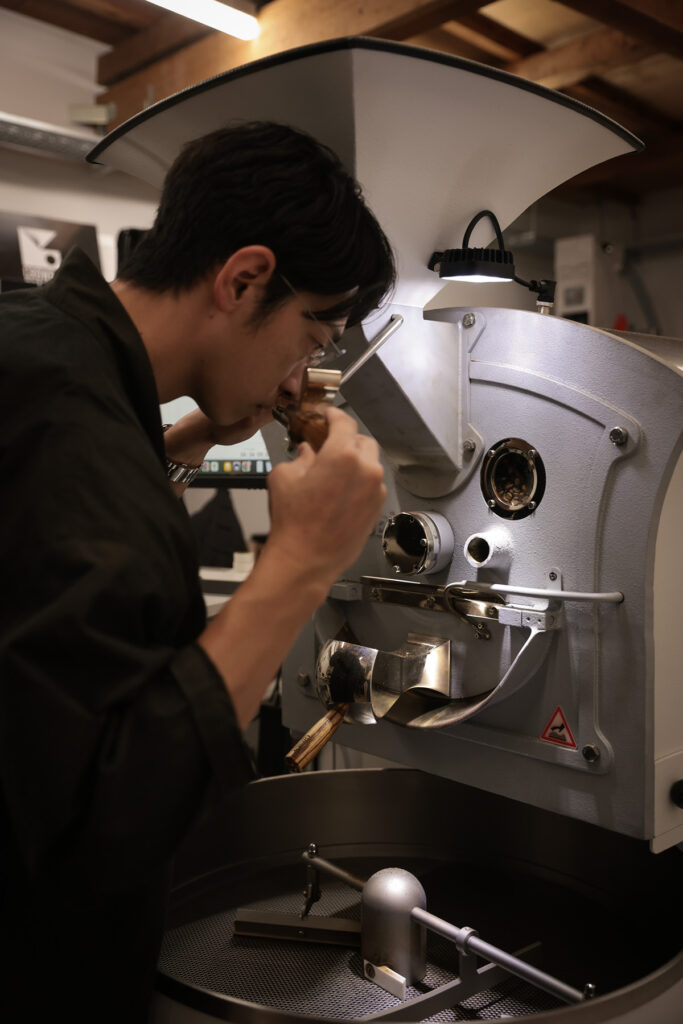
The roasting room is equipped like a high-tech laboratory. Yasunari watches intently, his focus sharpening as the roaster comes to life.
Given his background, you might expect Yasunari to focus solely on light roasts, but his range is surprisingly varied. “I don’t want to stick rigidly to my own style. Just as you might change your outfit for different occasions, I want people to enjoy coffee that fits their mood,” he explains when detailing his diverse approach.
“The origins, processing methods, and roast levels I prefer won’t always match everyone else’s tastes,” he continues. “Just as I once discovered a cup that completely amazed me, I hope the variety of coffees I create can become a meaningful drop in someone else’s life.”
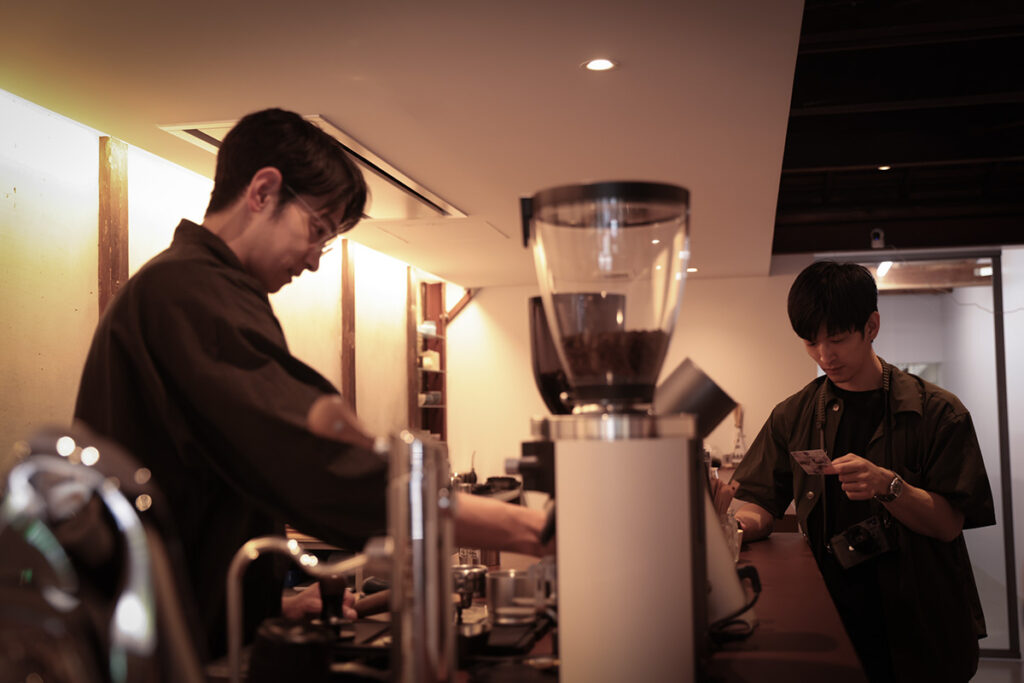
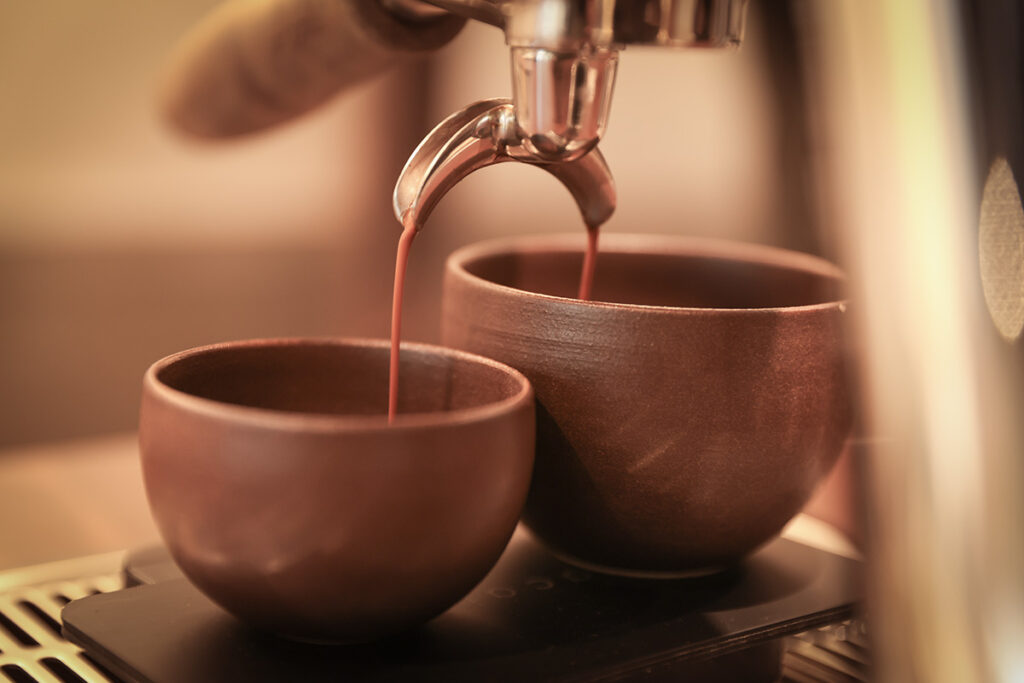
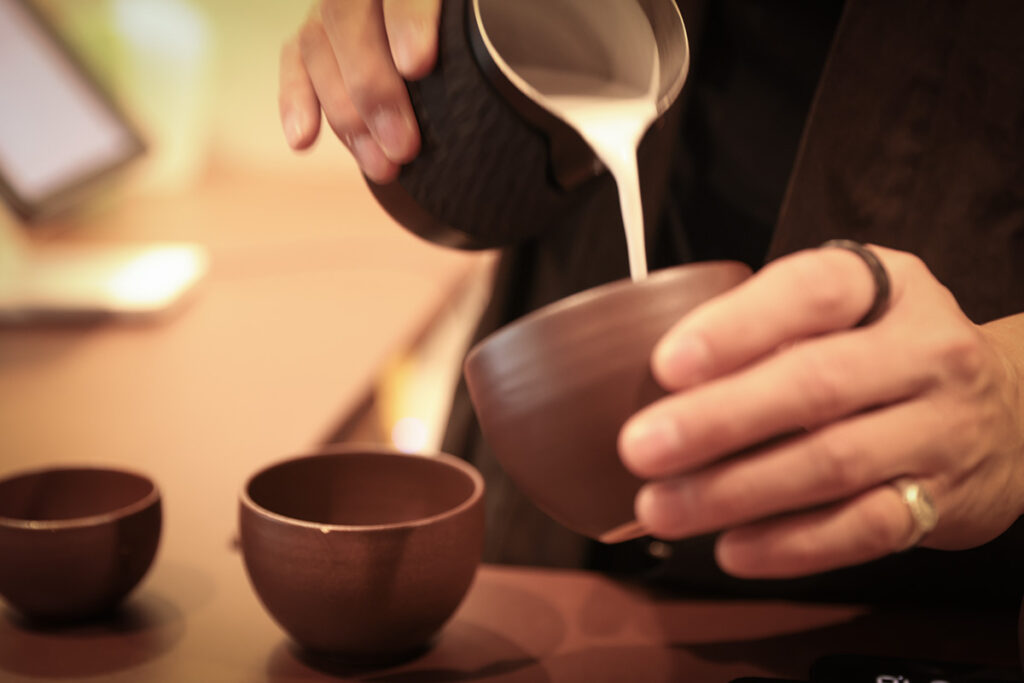
The café uses three different types of beans for espresso, carefully switching grinders depending on the variety. Enjoying an espresso at the time of our visit was the founder of R&D ESPRESSO LAB, Shin Honda, a specialist in coffee mechanics, who happened to be there by chance.
His roaster of choice is a Dutch GIESEN, though it looks a little different from the usual models, featuring a custom white body made specifically for the café. Behind the 6kg GIESEN, which blends seamlessly into the white-walled space, sits a sample roaster from the same brand, and next to it is a Polish picking machine that automatically evaluates the roasted beans.
This attention to detail extends to the drip bar as well. On the counter stands a built-in espresso machine from Italy’s La Marzocco, a rare sight in an independent café, beautifully installed. Although this series highlights hand-drip coffee, we were treated to a rich cup prepared on this top-tier machine. Because it extracts two shots at once, one can be enjoyed as a black espresso while the other served as a cappuccino, a small but delightful surprise.
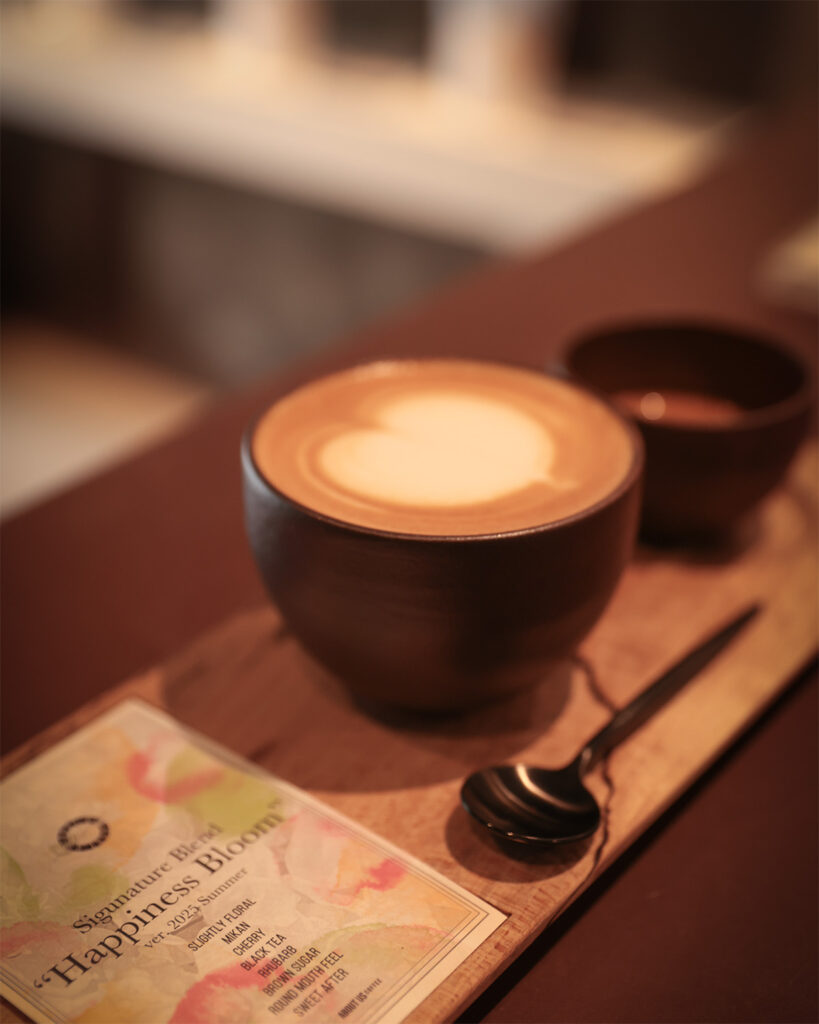
The signature espresso blend, Happiness Bloom, offers flavors of dried fruits like ripe orange and plum, along with hints of honey and bean-to-bar chocolate.
Modern Reinterpretation of Kyoto’s Aesthetic
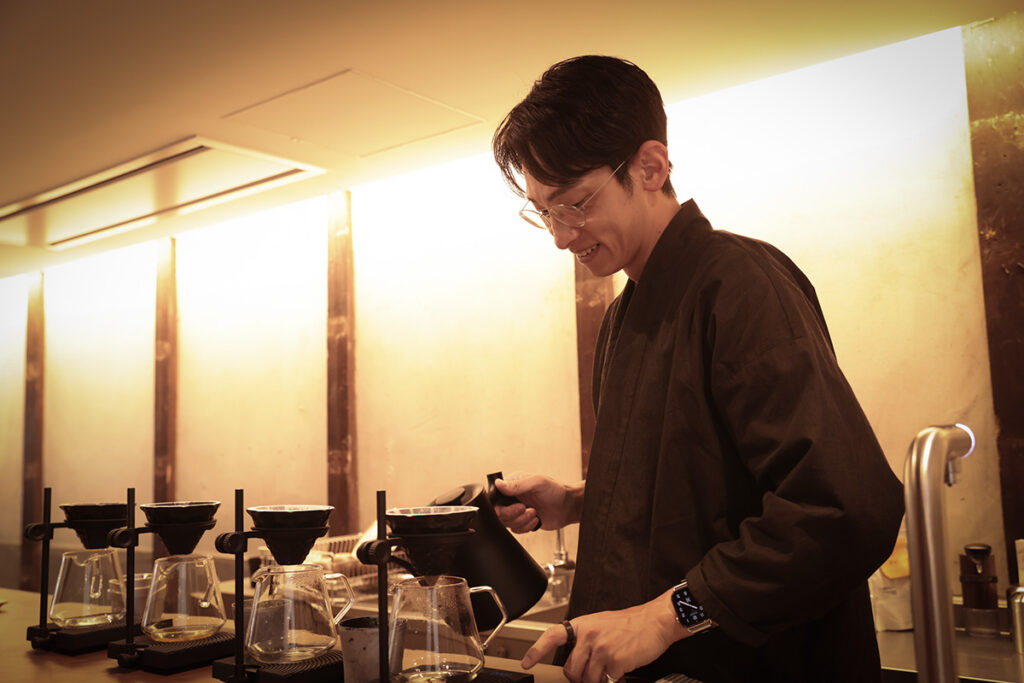
The staff uniforms take inspiration from traditional samue workwear, styled with the relaxed feel of a jacket.
The location we visited is the newly opened second location, ABOUT US COFFEE Nijō Castle. The 90-year-old wooden building, which once housed a historic miso shop and later a gallery, has been transformed into a cozy yet refined space. On the first floor, a long counter is divided into separate areas for espresso and hand-drip coffee, creating a striking focal point. The interior features a narrow frontage leading deep into the space, a layout typical of the architectural style “unagi no nedoko,” meaning “a bed for an eel.” The styles of traditional Japanese houses are linked to specific animals, describing layouts that make the most of limited space. Looking further down the long interior, the large espresso machine was built in rather than placed on the counter.
Upstairs, the café opens into a high-ceilinged space that retains the exposed beams and decorative roof structure. A large, symbolic washi paper lamp hangs above, while modern, sculptural benches and tiled floors blend seamlessly with the aged walls and pillars. It creates a subtle harmony between history and contemporary design.
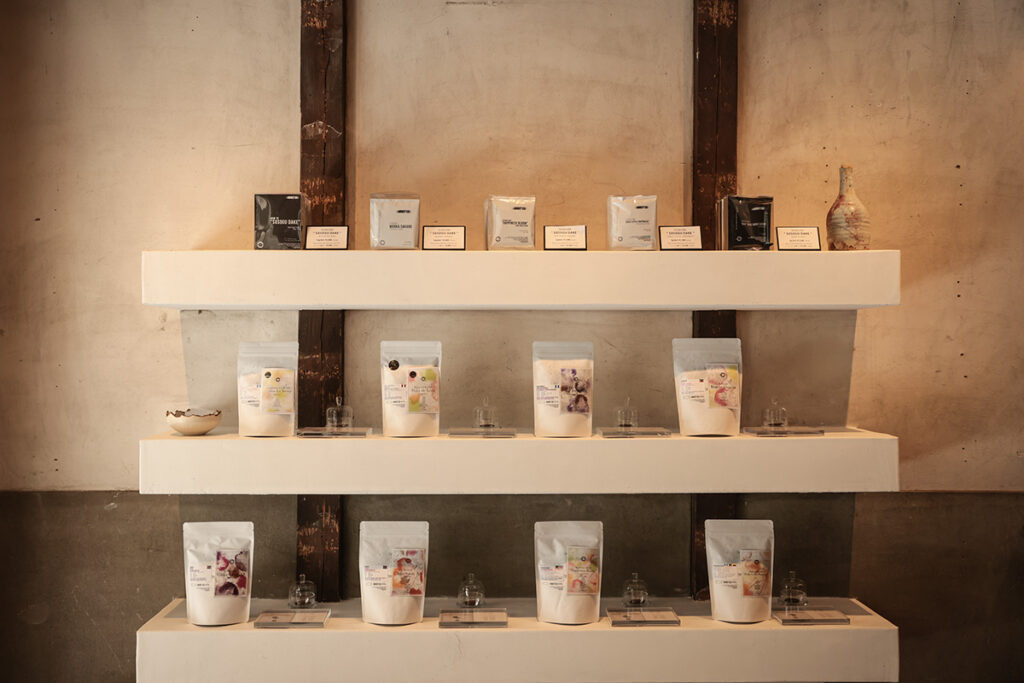
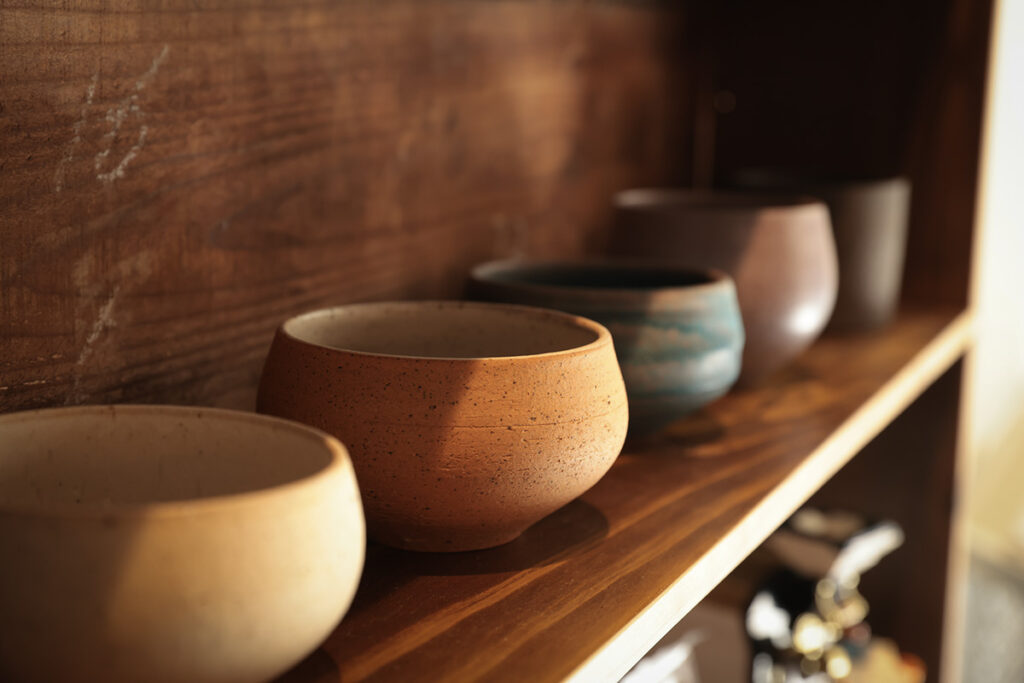
Coffee beans for sale and original cups displayed near the entrance
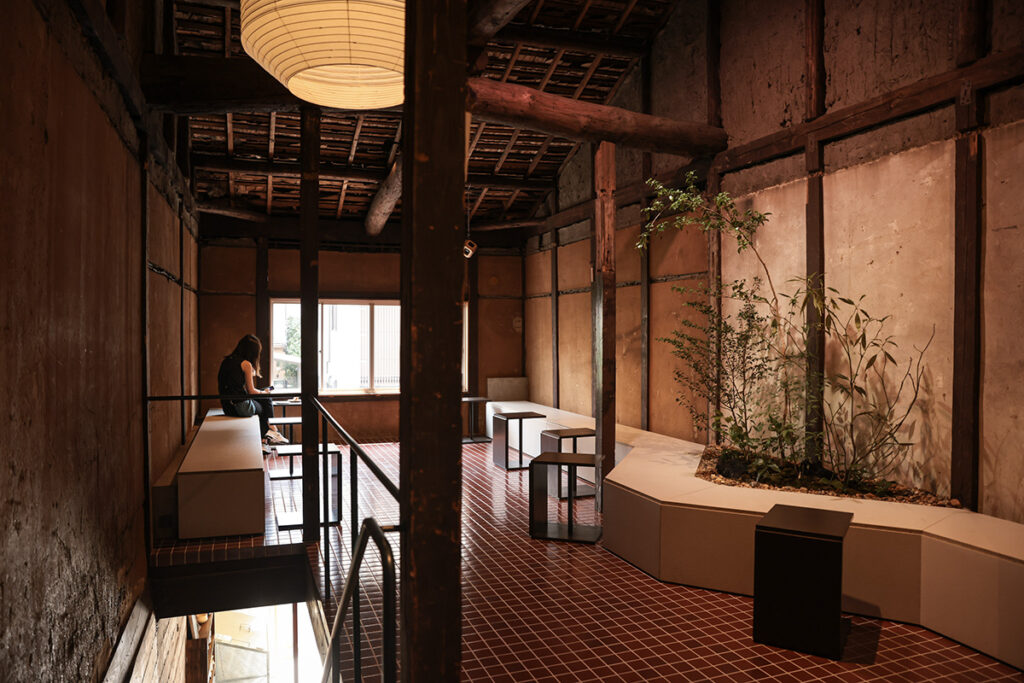
Modern bench seating that evokes the charm of a traditional engawa porch.
When we ordered the eagerly awaited hand-drip coffee, Yasunari asked, “Which cup would you like to use for your photos?” He explained that the color of the cup can influence how the coffee is perceived, so he adjusts his bean recommendations accordingly. From five original cups in different colors, custom-made by the Kiyomizu-yaki brand TOKINOHA, we chose a turquoise one with an oriental flair.
The coffee brewed to match was a single-origin Guatemala El Injerto light roast, offering a bright, refreshing acidity reminiscent of grape and cassis, with subtle cacao notes lingering on the nose. A card placed alongside the cup displayed a graceful blend of deep purple and reddish-brown tones. Yasunari said he wants to convey the character of the beans not just through words but visually, giving a direct sense of their essence.
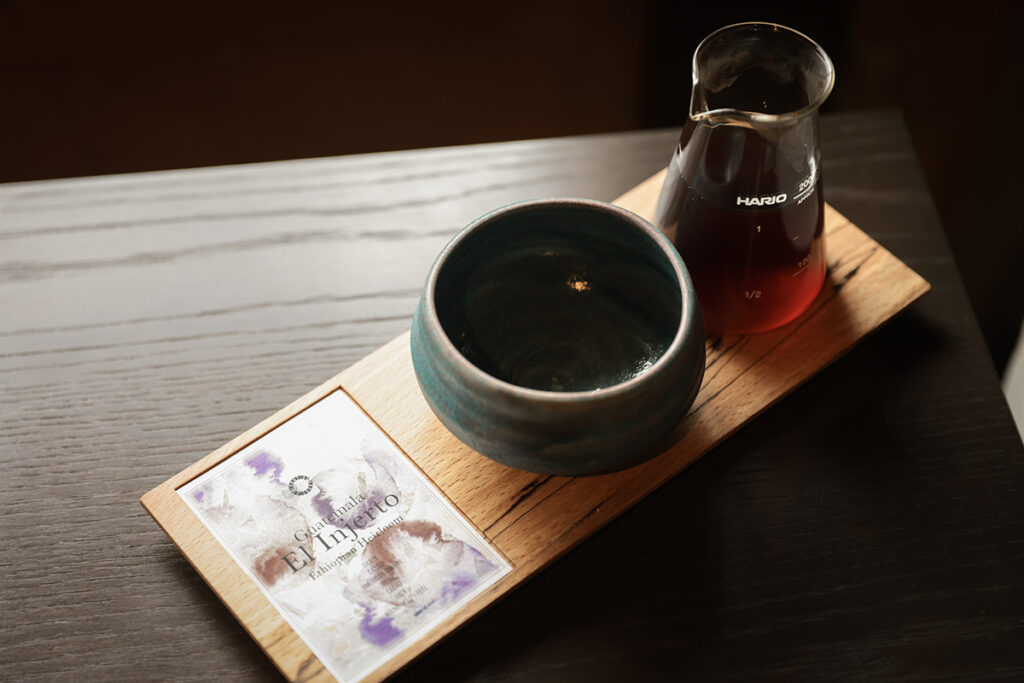
We ordered a hand-drip coffee made with Guatemala’s El Injerto beans.
The renowned gourmet and ceramic artist Rosanjin Kitaoji once said that food and tableware share an inseparable relationship, like that of a married couple. With that thought in mind, I closed my eyes several times while savoring the amber-colored coffee in a vibrant turquoise cup, experiencing its delicate sweetness and pure, refined flavor.
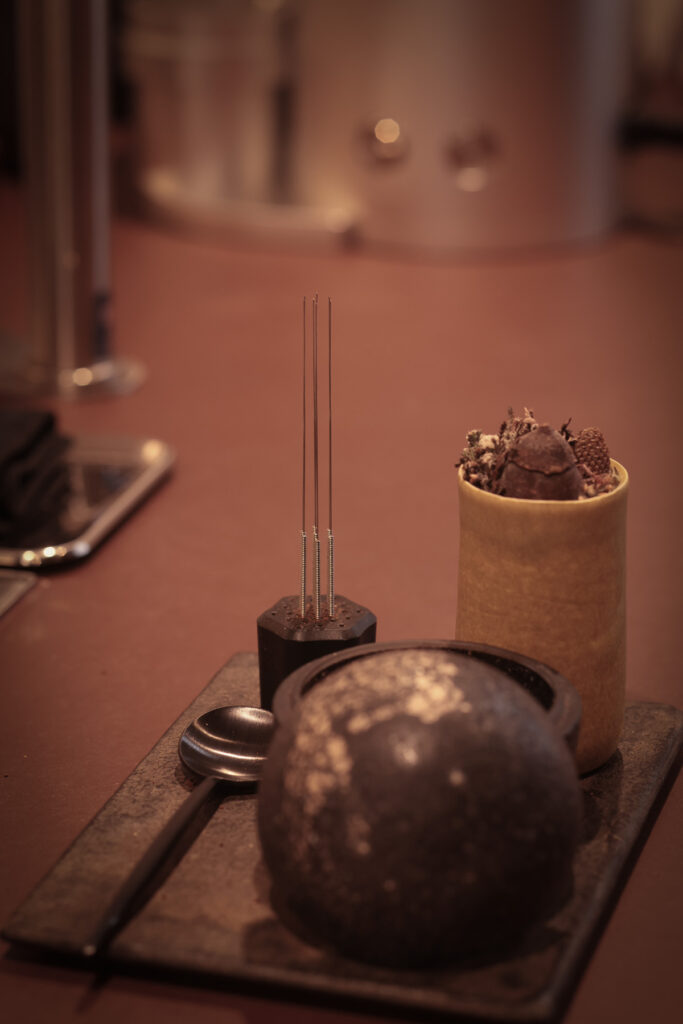
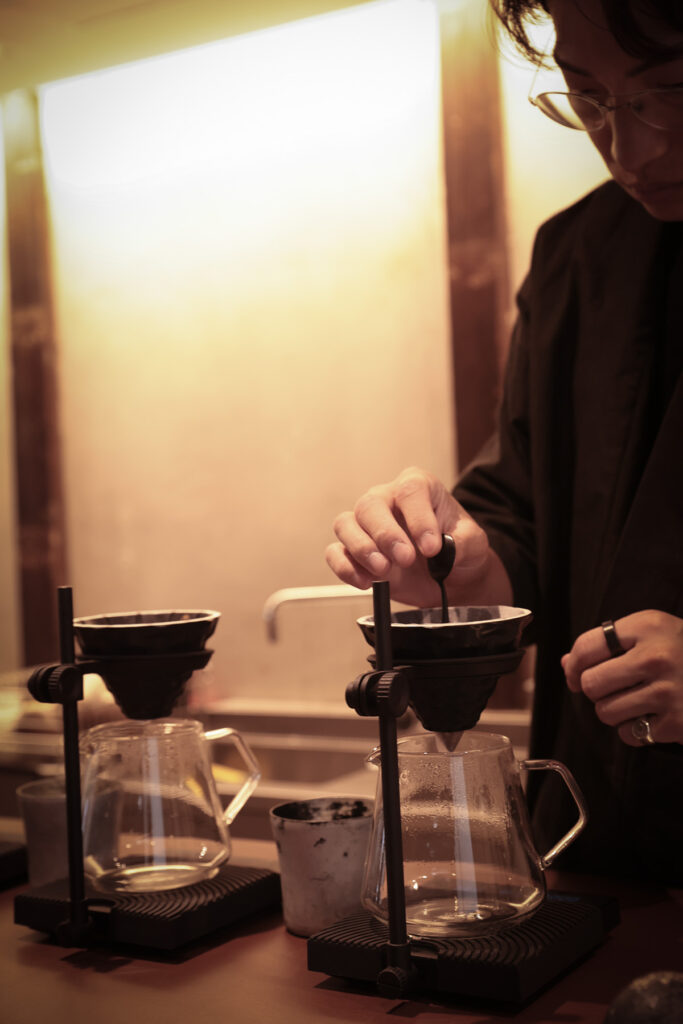
Even the tools for leveling the ground beans feel almost like sacred ritual instruments.
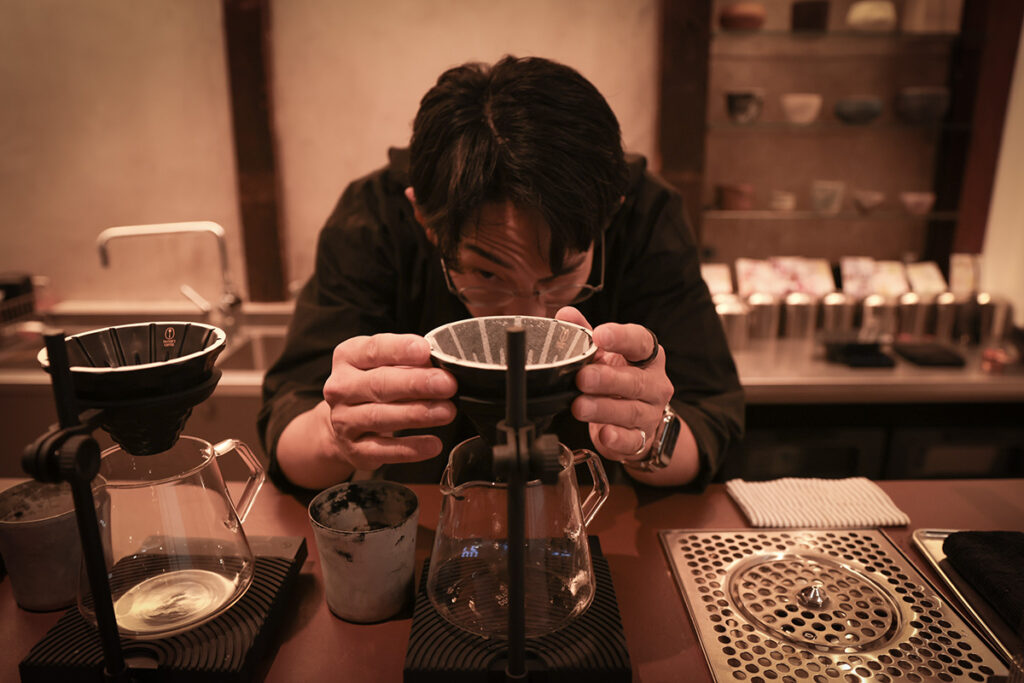
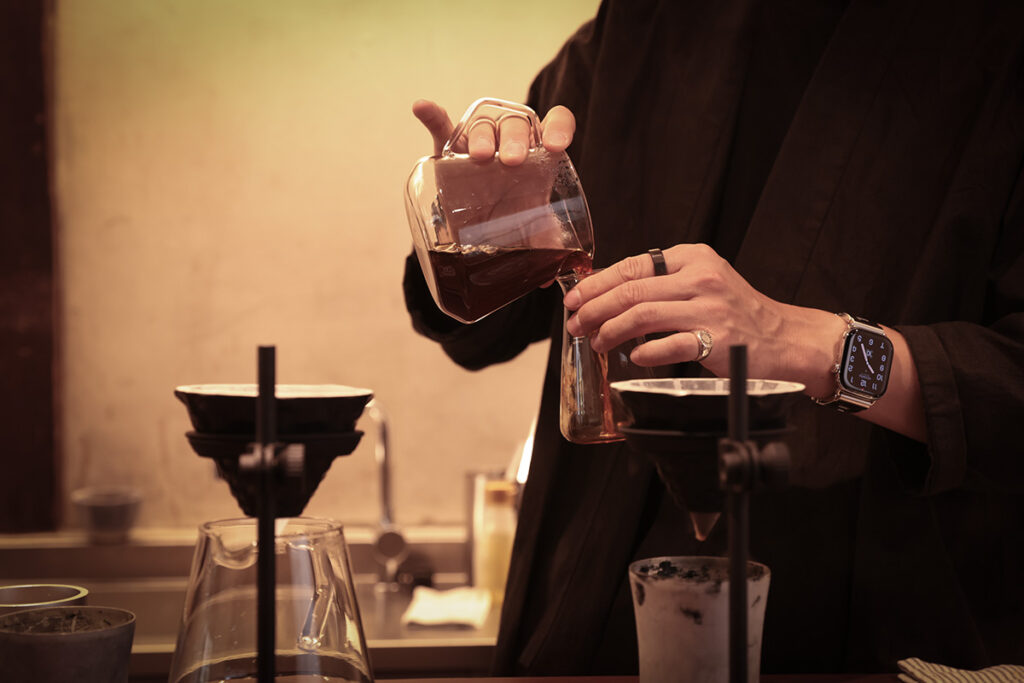
Every movement reveals his genuine devotion to crafting the perfect cup of coffee.
ABOUT US COFFEE
Official Website: https://aboutuscoffee.stores.jp/
◾️Nijō Castle Store
Address: 325-2 Aneguma-chō, Nakagyō-ku, Kyoto
◾️Fushimi Inari Store
Address: 22-15 Fukakusa Inari Torii-mae-chō, Fushimi-ku, Kyoto
COFFEE
Roast Level: Light to medium-dark
Roaster: GIESEN, 6kg, semi-hot air
Grinder: Mahlkönig
Brewing: Paper filter / Taiwan CT62 dripper stand / China TIME MORE
Varieties: 2 blends, around 8 single-origin coffees
Cups: Primarily original Kiyomizu-yaki tea ware custom-made by TOKINOHA

